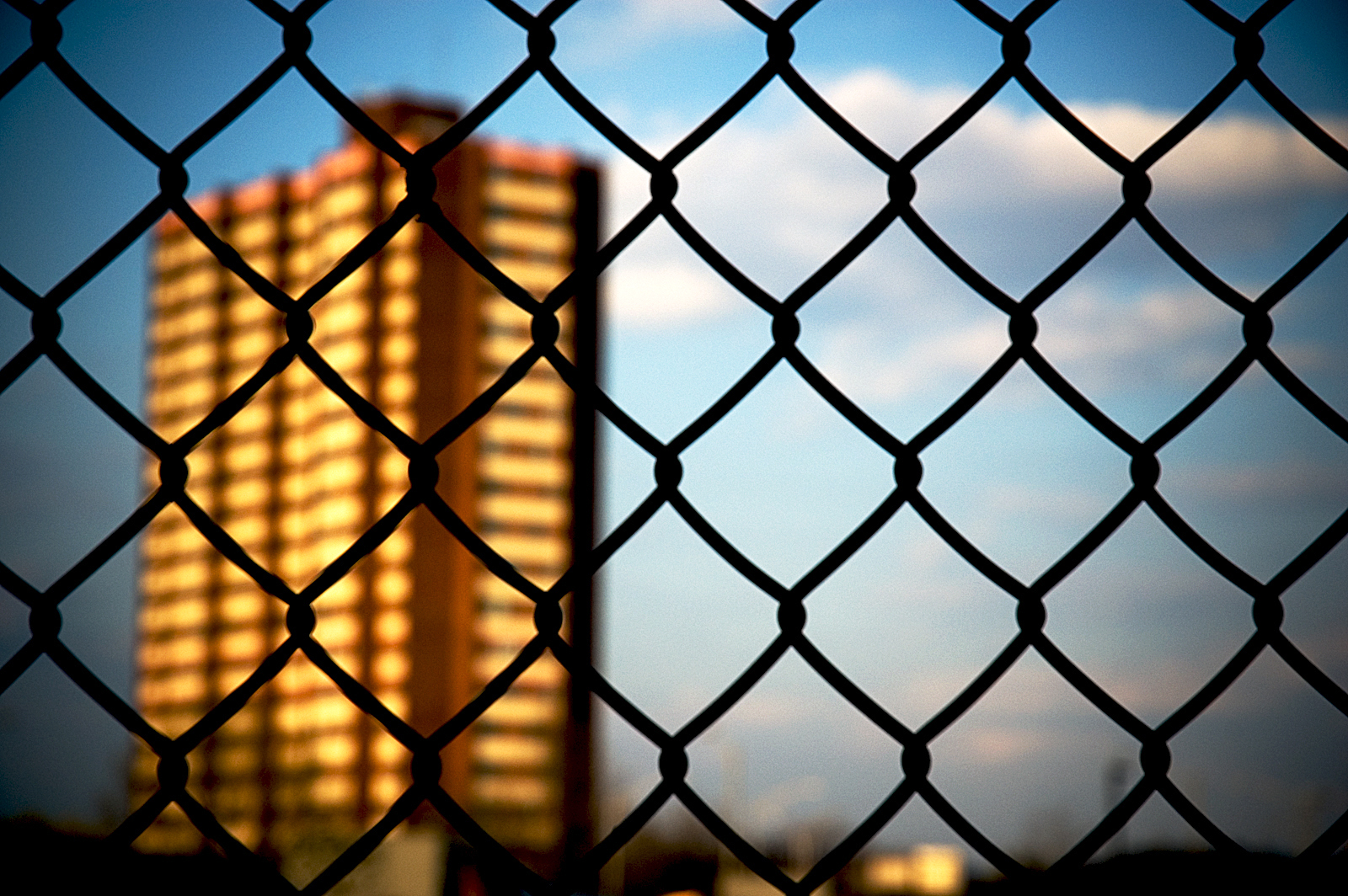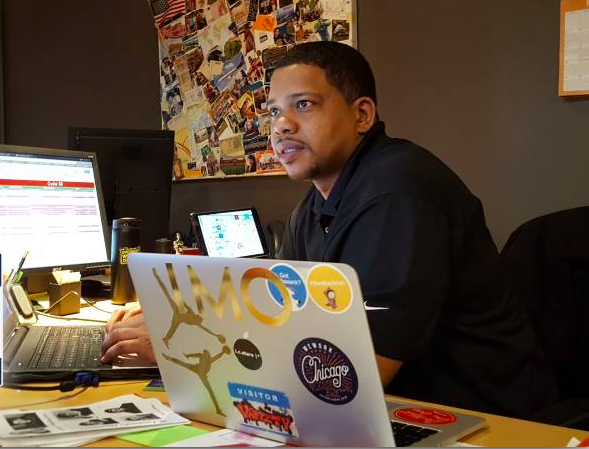
For the formerly incarcerated, a lack of adequate housing options puts them at risk
As Chicago Ideas covered in our profile of Rico Bryant—along with our programming surrounding prison reform and the benefits of hiring the formerly incarcerated—it’s hard for people who have felony convictions to find work after their release. But that’s not the only area in which they face this struggle. Sontcera McWilliams knows that, in addition to being shutout by potential employers, finding adequate housing is no easy feat. “This [felony] conviction,” said McWilliams, “It’s holding me from having a room in a place where anyone wants to live.”
The felony that McWilliams mentions happened in 2003, when she was pulled over and, inside her vehicle, police found both marijuana and a firearm. McWilliams would be charged with Unlawful Use of a Weapon, though she claims that she was in possession of the firearm because she was working for the Brink’s security company at the time. “They told me that I could not carry a firearm even though I had a Firearm Owner’s Identification card,” said McWilliams. “They told me it would be a misdemeanor, but, on my record, it wasn’t a misdemeanor. On my record, it was a [felony] conviction. So any job I tried to get from there, I couldn’t get them.” Currently, McWilliams is a Tech Fellow at i.c.stars, but she also works for Uber on the side. Even in the emerging rideshare space, she still struggles to get a foot in the door. “I didn’t have a problem with Uber, but Lyft will not employ me,” said McWilliams.
It’s an experience that mirrors the challenge she faced when trying to find a place to live. Even though she’s had the help of a social worker, it’s been difficult to find housing that meets her basic human needs. “My social worker is ready to vouch for me for any type of housing that I’m trying to get, that I pay my bills and I’m not a bad tenant. But I still have problems getting adequate housing,” said McWilliams.
Over the past few years, publications like USA Today and the New York Times have run stories about the difficulty many formerly incarcerated individuals face when trying to find a place to live after their release. As the New York Times notes, with roughly 600,000 people released annually, public housing is routinely the only option available to them. But housing authorities across the country contain rules specific to their state, often making certain areas completely exclusionary to people with a felony conviction. These discriminatory practices are something that McWilliams is working to change as a member of the leadership council of Cabrini Green Legal Aid. Currently, McWilliams is working with Cabrini Green Legal Aid to garner support behind HB 2373, a bill going through the Illinois legislature that would expand eligibility for felony convictions to be sealed. The act of sealing removes these felony convictions from a person’s record, helping them secure employment and housing.
It’s important to note that HB 2373 doesn’t advocate for the sealing of all felony convictions, as domestic battery, sexual offenses, probation violations, DUIs, and animal crimes would not be eligible under this bill. It also wouldn’t be applied wholesale, as people would still need to petition the court to have these felony convictions sealed. As supporters for the bill state, people with felony convictions are over 50 percent less likely to get a callback for a job, and that number increases dramatically when a person of color is applying for a job or housing. A study by the Vera Project shows that people who are able to find housing that’s both safe and affordable are more likely to find a job and avoid returning to prison after release.
“I think that the law needs to change because people aren’t going to change,” said McWilliams, noting that she feels judgment not just from prospective employers and landlords, but within her own community. “It’s hard for people to stop judging you. That’s just something that people do. But I do think we can stop the information being accessible, then people can’t judge you.” As McWilliams notes, the list of organizations that support the bill is growing, with everyone from the ACLU of Illinois and the Illinois Justice Project to the League of Women Voters of Illinois, and she encourages more businesses to get involved. “If you’re a business—especially if you’re a nonprofit—you can support this bill,” she said. “Once people start to see that this is not the way we’re supposed to live, maybe they’ll support this, too.”
To learn more about HB 2373, visit the Community Renewal Society, which offers detailed information and ways to lend support for the bill.


